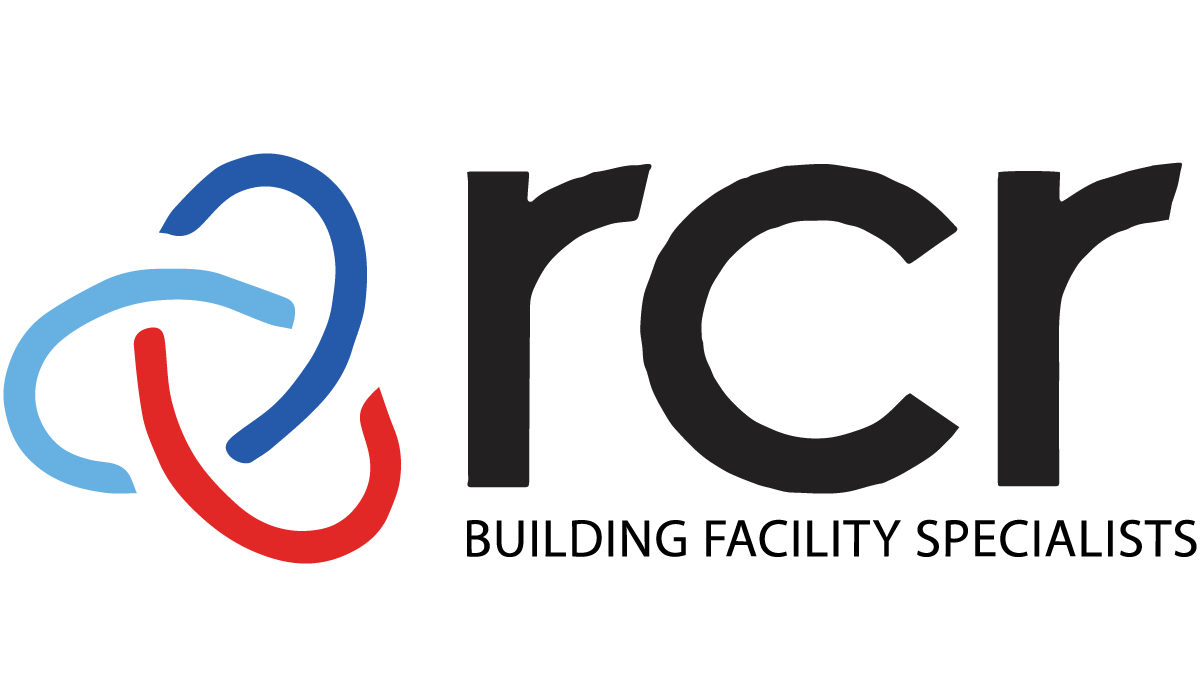How to ensure that you have complete business security
From small retail stores to shopping malls and office complexes, business security is always a priority. No business is immune to the risk of crime, so it’s important to have solid security measures in place. Here are some of the ways you can protect your business from unwanted attention.
Regular Security Precautions
Every business should have a list of general security precautions they take every day. These will vary from business to business of course, but having set guidelines will help all staff be accountable.
For example, owners should be doing their best to ensure no cash is being left on site overnight. Even if you have a safe, there’s still a temptation there, especially if you deal in large amounts of cash. For convenience, it may be worth having a safe to hold a small amount of float money for your cash registers, but that’s all.
You should also have a thorough lockdown procedure, ensuring whoever closes the business locks everything carefully. Always set alarms as you leave, and where possible, remove any cash from the premises during daylight hours. If this isn’t possible, ensure someone isn’t leaving the premises alone when carrying valuables.
CCTV
CCTV is another great way to monitor and deter wrongdoers. Signage to warn of CCTV cameras is a useful tool, just in case, they don’t see the cameras. This can sometimes be enough to deter people from shoplifting or other misbehaviour. If it doesn’t deter them, the events will at least be captured on film for the authorities to follow up on.
Access Control
Each business will be different here because obviously in a retail environment you want customers in your store. In offices though, you should have controlled access by use of a swipe card or other identification. Even in retail stores, there are areas that are off-limits to customers and these should be access controlled.
24/7 Security Monitoring
When businesses close for the night, this is often when they’re most vulnerable to burglary and theft. A 24/7 monitored alarm system is your best defence against crime. Typically, once an alarm is sounded, offenders will disappear quickly, therefore causing limited damage or loss. If not, your security company notifies your designated security contact so they can go and check it out.
If this method isn’t effective, you can have security monitoring that includes patrol callouts. This means you or your staff don’t have to be crawling out of bed to check alarms in the middle of the night.
Integrated Security and Building Management Systems
For a full and complete security package, you’ll no doubt want to consider all of the methods above. But perhaps the best way to manage security, especially in larger buildings, is integrating security into a building management system.
If you’re already controlling things like air conditioning, lights and energy use, you can also incorporate security into your system. For example, having the ability to manually control where a CCTV camera is pointing if there are potential security risks identified.
For a full range of security options for your business, make sure you’re getting advice from professionals. RCR Infrastructure would love to talk about your unique security needs, so please contact us today.

